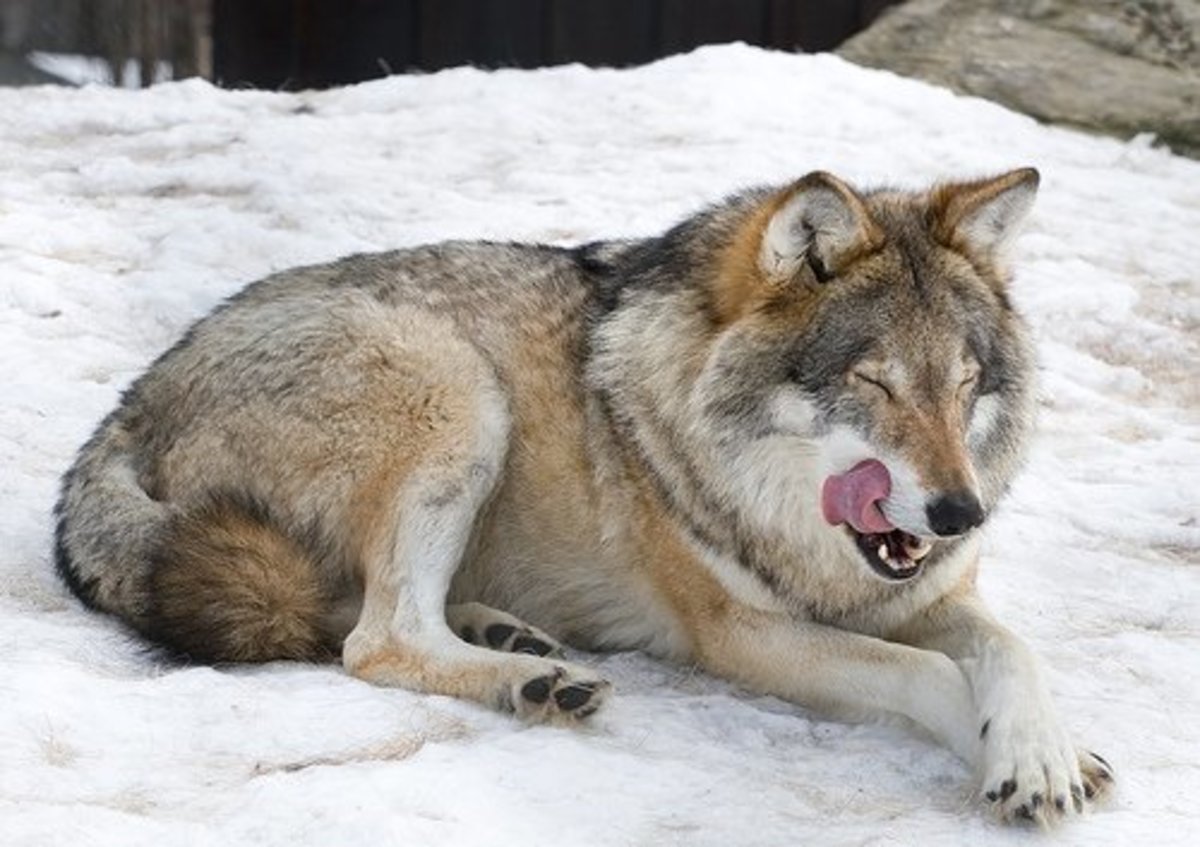Wolf hybrids, often referred to as wolf-dog hybrids, are a fascinating blend of domestic dogs and wolves that intrigue animal lovers and researchers alike. These unique animals pose questions about behavior, genetics, and the responsibilities of ownership. As more individuals seek to understand these creatures, it's essential to explore their characteristics, care requirements, and the ethical considerations surrounding their ownership.
In this comprehensive article, we will delve deep into the world of wolf hybrids, discussing their origins, traits, and the challenges faced by their owners. By understanding these fascinating animals, potential owners can make informed decisions about whether a wolf hybrid is the right fit for their family.
Join us as we navigate the complex realm of wolf hybrids, providing you with the information you need to appreciate these captivating creatures while emphasizing the importance of responsible ownership.
Table of Contents
- What Is a Wolf Hybrid?
- Origin and History of Wolf Hybrids
- Physical Characteristics
- Behavior and Temperament
- Care and Training
- Legal Considerations
- Health Issues
- Conclusion
What Is a Wolf Hybrid?
Wolf hybrids are the offspring of a domestic dog and a wolf. These hybrids can range from being predominantly wolf to having a more substantial dog influence. The specific traits of a wolf hybrid can vary greatly depending on the lineage and the percentage of wolf content. Understanding the nuances of wolf hybrids is crucial for potential owners.
Types of Wolf Hybrids
- Low-content hybrids: Typically consist of 1-49% wolf.
- Mid-content hybrids: Range from 50-74% wolf.
- High-content hybrids: Contain 75% or more wolf.
Origin and History of Wolf Hybrids
The history of wolf hybrids dates back centuries, as humans have interacted with wolves in various ways. The domestication of wolves is believed to have occurred around 15,000 years ago, leading to the development of domestic dogs. The intentional breeding of dogs with wolves has become a trend in modern times, resulting in the creation of wolf hybrids.
Throughout history, different cultures have revered wolves, viewing them as symbols of strength and loyalty. As interest in exotic pets has grown, so has the demand for wolf hybrids, raising questions about their appropriate care and ethical considerations.
Physical Characteristics
Wolf hybrids can exhibit a wide range of physical traits, influenced by their dog ancestry and the percentage of wolf DNA they possess. Common features include:
- Size: Wolf hybrids can vary significantly in size, depending on the breed of the domestic dog parent.
- Coat: They often have thick fur, resembling that of wolves, and can come in various colors, including gray, black, and white.
- Eyes: Their eye shape and color can vary, with some displaying the striking yellow or amber eyes typical of wolves.
Behavior and Temperament
Understanding the behavior and temperament of wolf hybrids is essential for potential owners. These animals often possess unique traits, such as:
- High energy levels: Wolf hybrids typically require more exercise than the average dog.
- Strong prey drive: Their wolf ancestry can result in a heightened instinct to chase smaller animals.
- Independence: Many hybrids may exhibit stubbornness and a desire for autonomy.
Training and socialization are crucial for managing these traits and ensuring a well-adjusted pet.
Care and Training
Caring for a wolf hybrid requires dedication and understanding. Here are some essential care tips:
- Space: Wolf hybrids thrive in environments with ample space to roam and explore.
- Exercise: Daily physical activity is vital to keep them mentally and physically stimulated.
- Training: Consistent, positive reinforcement training is crucial for developing good behavior.
Socialization
Socializing wolf hybrids from a young age is critical to prevent aggression and anxiety around other animals and people. Exposure to various environments and experiences will help them develop into well-rounded companions.
Legal Considerations
Before acquiring a wolf hybrid, it's essential to understand the legal implications. In many regions, owning a wolf hybrid may be subject to specific regulations or prohibitions. Research local laws, and consider the following:
- Licensing requirements
- Insurance considerations
- Potential restrictions on ownership
Health Issues
Wolf hybrids may be prone to certain health conditions, including:
- Hip dysplasia: A common issue in large breeds, including wolf hybrids.
- Genetic disorders: Depending on the dog breed in their ancestry, hybrids may inherit specific genetic issues.
Routine veterinary care, including vaccinations and health screenings, is vital for maintaining the health of a wolf hybrid.
Conclusion
In conclusion, wolf hybrids are captivating creatures that require a high level of commitment and understanding from their owners. They possess unique traits that can be both rewarding and challenging. If you are considering bringing a wolf hybrid into your home, ensure you are well-informed about their care requirements, legal considerations, and potential health issues. Responsible ownership is crucial for the well-being of these animals and the safety of your community.
We encourage you to leave your thoughts on wolf hybrids in the comments below, share this article with fellow animal lovers, and explore other informative articles on our site to continue your journey of understanding these fascinating animals.
Thank you for reading, and we hope to see you back on our site for more engaging content!
You Might Also Like
Understanding Halen Carbajal: The Rising Star In The Music IndustryExploring The Life And Career Of Harold Perrineau: A Multifaceted Actor
Katey Sagal Children: A Deep Dive Into Her Family Life
Exploring The Life And Career Of Adam Campbell
Timeless Entertainment: A Journey Through The Ages
Article Recommendations
- Ana Paula
- Alex Start X New 2024 Age
- Laralane Onlyfans
- Bhad Bhabie Nude Leaks
- Lake Havasu Baby Dies
- Bollyflix
- Kimberly Guilfoyle
- Vegamovies Netflix Bollywood
- Peloton Commercial Song
- Is Alicia Keys Married


